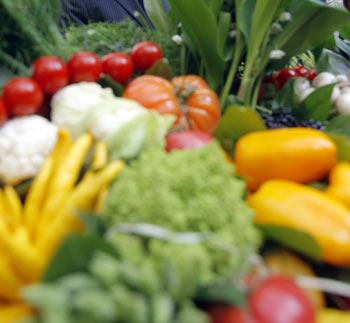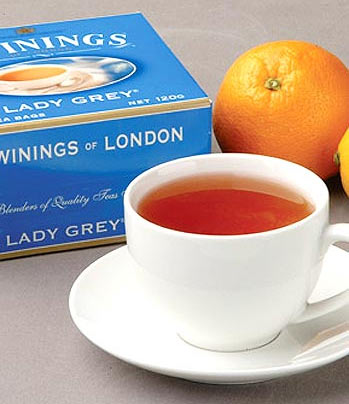Did you know that you should avoid consuming dairy products along with with citrus foods? Or that starving yourself actually makes the body retain fat? These simple dietary tips can make a big difference to your wellness, so sit up and take notice.
- Try to eat your breakfast within one hour of waking up, as it will help speed up your metabolism. Metabolism slows down during the night and breakfast helps kick-start it up again. If you wait longer, your body begins to go into starvation mode and your metabolism begins to slow down even more.
- Eat bread along with the crust, as the crust contains 6 times more antioxidants than the light-coloured innards of the bread.
- Drink lemon juice and honey in warm water early in the mornings, it reduces water retention and helps in digestion.
- Avoid drinking cold water or cold beverages after a meal, as it leads to indigestion: Drinking cold water after the meal solidifies the oily food that you have just consumed. This slows down the digestion. It is best to drink hot soup or warm water after a meal.
- Eat water-filled foods like cantaloupe (kharbooja), watermelon, pineapple, spinach and cabbage as they are low in calories and will make you feel fuller.
- Eat fruits and vegetables with the skins, as there are many nutrients just under the skin. Skins also add fibre and texture to your food. Also, it's healthier to have a fruit instead of its juice -- the juice gives you no fibre.
- Add 1 teaspoon of wheat bran (chokker) per roti in wheatflour to increase insoluble fibre in your diet. Most people think of fruits and vegetables when they think of fibre, but actually it is the fibre in wheat bran that weight loss specialists talk about when they suggest fibre intake. The fiber in fruits and vegetables, though quite useful, is in much lesser quantity.
- Wash vegetables before cutting or chopping to minimize nutrient loss.
- Eat slowly, as it prevents overeating. To slow down, put down your cutlery after every two bites. And chewing well helps to digest food better than just swallowing it -- it helps you avoid overeating.
- Try an occasional fast, as it gives the digestive system a rest and refreshes the senses, mind, and consciousness. According to the Ayurveda, fasting strengthens both will power and bodily health.
- When a breaking fast, avoid eating lots of heavy foods as they can cause water retention, blood pressure fluctuations and toxin accumulation.



